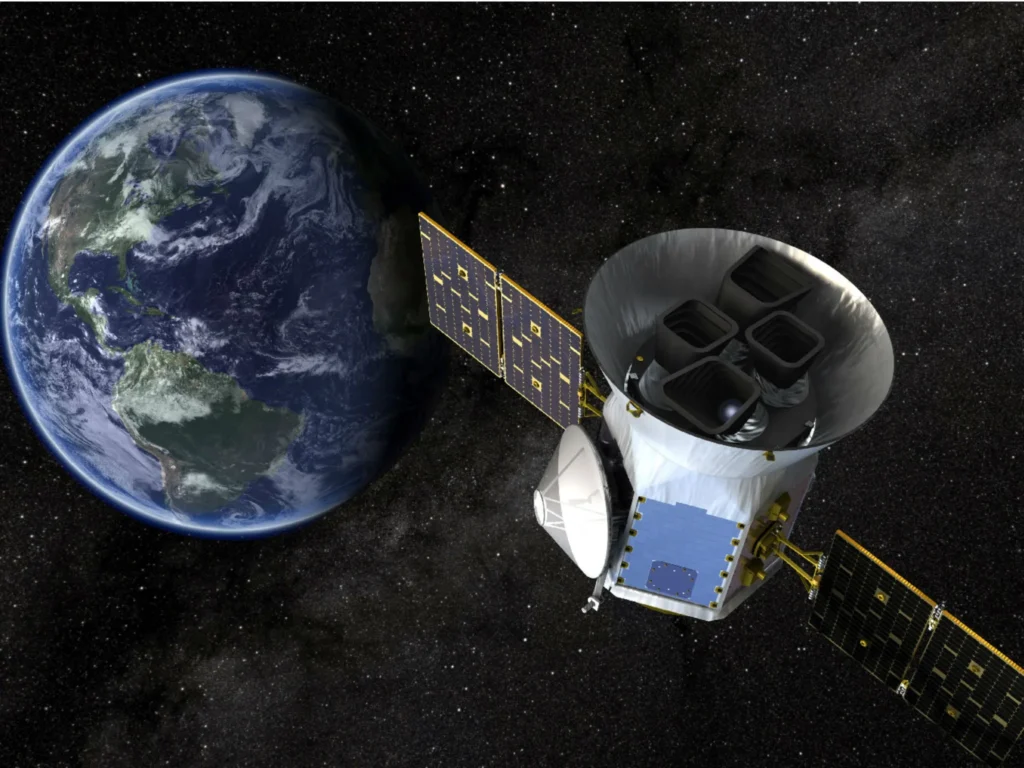Two big stories are shaking up the space sector today: SpaceX is gearing up to launch military satellites for the U.S. National Reconnaissance Office (NRO) from Vandenberg, while the UK has withdrawn roughly £200 million in funding for the “Truths” mission a satellite project aimed at establishing the world’s first space-based metrology lab for climate science. Both moves raise questions about strategic priorities in Earth observation, space security, and climate monitoring. (AZCentral; Livescience; The Times UK) [See sources: LiveScience & The Times]
What to Know: SpaceX & the NRO Mission
SpaceX is preparing to launch military payloads for the National Reconnaissance Office from California’s Vandenberg Space Force Base. The mission’s primary goal: deploy reconnaissance satellites that help with U.S. intelligence gathering, surveillance, and national security. Given the growing importance of space-based monitoring, this launch underscores how government investment in secure, rapid situational awareness continues to be a priority. (VC Star)
UK Cancels “Truths” Satellite Lab Why That’s Significant
The Truths (Traceable Radiometry Underpinning Terrestrial and Helio Studies) mission had been considered a cornerstone for improving Earth observation data. Its lab in space was designed to provide highly accurate solar irradiance and radiometry measures helping fine-tune climate models and satellite calibration globally. With the UK pulling its £200 million support due to budget pressures, and the UK Space Agency reassessing priorities, the mission’s future is now in serious jeopardy. (The Times)
Security vs Scientific Observations: A Shift in Focus?
Taken together, these developments may signal a shifting landscape: while the U.S. doubles down on space as a security domain, some European scientific missions are seeing their funding whittled or pulled entirely. In an era of tight budgets, many nations face difficult decisions about what types of space investment matter most surveillance, national security, Earth monitoring, climate science, or scientific curiosity.
What this Means for the U.S. and EU
- U.S. intelligence & surveillance capacity: The NRO launch will bolster U.S. space-based monitoring and could offer improved coverage, resolution, and frequency of data collection.
- UK/EU climate monitoring gap: Pulling back from Truths risks weakening calibration standards for other Earth observation satellites, which depend on benchmark measurement instruments in space to ensure data accuracy.
- International collaboration stressed: As the EU and UK reevaluate, other partners or nations may fill the void or pressure will increase for shared European or global calibration labs that aren’t subject to a single nation’s budgetary cycles.
Challenges & Unanswered Questions
There are several open issues that observers should watch closely:
- What happens to the Truths mission now? Will ESA step in to salvage it, or will it be cancelled altogether?
- What launch cadence, security features, or regulatory oversight apply to the new NRO satellites? How will they affect civilian space traffic and privacy?
- How will satellite calibration data be maintained for climate science if reference labs like Truths disappear? Could private or international entities pick up the slack?
- How will the UK’s and EU’s space policy balance between science, environment, security, and budget constraints over the next few years?
Why It Matters Right Now
Satellite data underpins critical work from climate science to disaster forecasting to national security. Losing a mission like Truths could introduce errors or uncertainties into long-term data sets. At the same time, increasing investment in reconnaissance and Earth-monitoring satellites reflects how space is increasingly viewed as central to geopolitical strength. The scale of investment, or the lack thereof, tells a story: what governments value today in how they see space’s role in society.
My Take
We’re seeing a bifurcation in space priorities. Governments must choose: will space be a domain primarily for scientific knowledge and stewardship of Earth or will it increasingly become an arms race with Earth in view? It’s not binary both science and security matter but pulling away support for foundational science projects like Truths while boosting reconnaissance sends a message about what gets funded when budgets are tight. The U.S. appears to double down on surveillance capability. Europe must decide whether its global leadership in climate science and Earth observation needs constant funding guardrails to avoid being undercut. If the world loses Truths, we lose clarity in how we see the planet. That’s a heavy cost.




